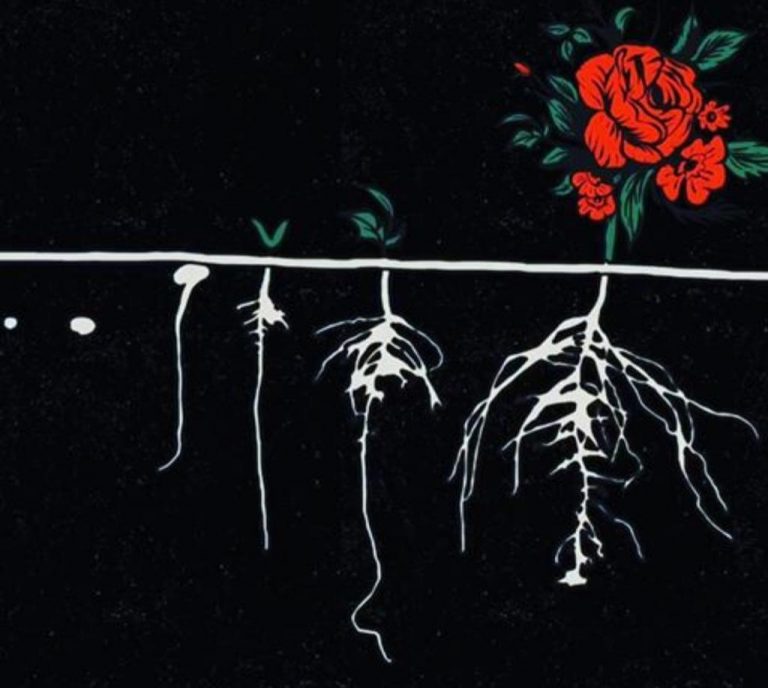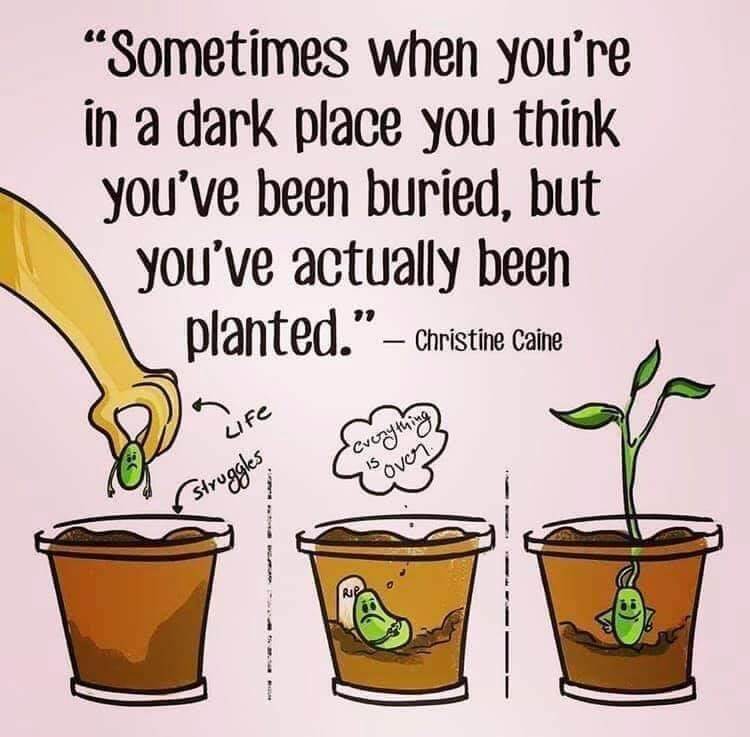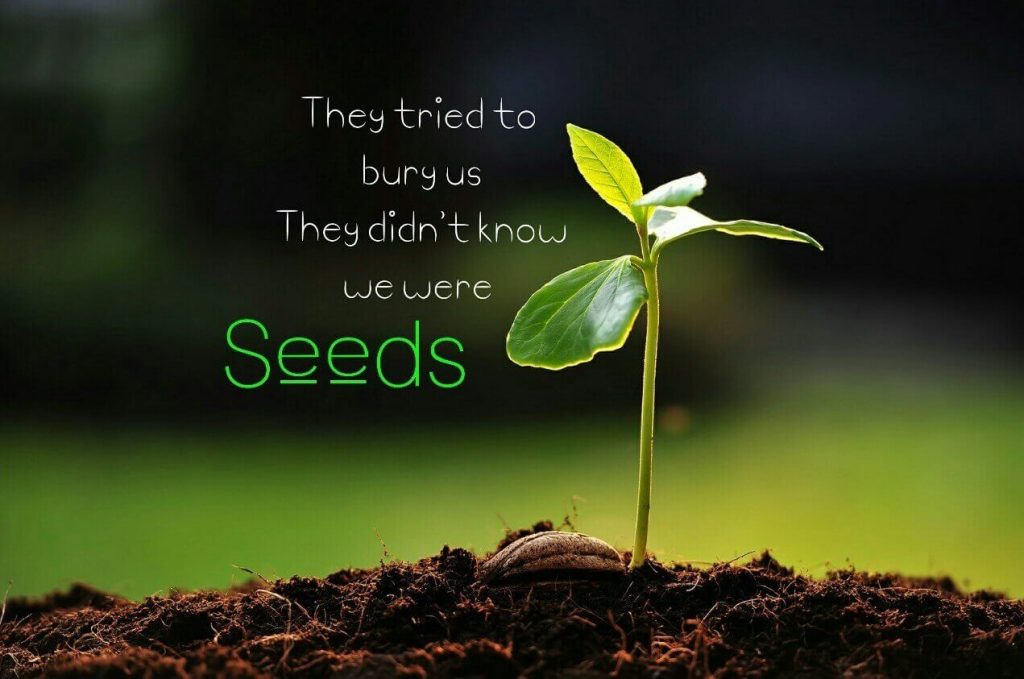
Celebrating in the Dark
I see a lot of posts at this time of year from many people talking about not celebrating darkness, but the light. It refers of course to Halloween and the slightly uneasy relationship many Christians seem to have with this festival, despite it having Christian roots. There seems to be an unhelpful trope in equating light with good and dark with bad or evil across Christianity as a whole, I read this article about this around advent but it obviously applies to everything. In it we read this quote
“Surely we can expand our vocabulary so that darkness does not always equate evil, and light does not always equate good. After all, in reality, such a simplistic dichotomy does not exist.”
So here are some of the ways in which darkness might be looked for, waited for, and even celebrated.
Sleep. Sleep is absolutely critical for human beings. We spend about a third of our lives asleep and an absence of sleep is linked to mental health difficulties, poor physical health and impairment of brain function. The 24 hour sleep cycle is known as the circadian rhythm and light can have a detrimental affect on this sleep pattern. Darkness, it turns out, is essential to promoting good health in the form of sleep.
Hygge: the Danish way of life in the winter months. This is about encouraging wellbeing by practicing cosiness and comfort. It sounds simple, but that’s part of its charm and appeal. Embracing the darkest time of the year as an opportunity to appreciate the small things, to stay indoors, to use blankets and layers of warm clothing, hot drinks and the nearness of another body, whether that’s human or animal, to bring a feeling of comfort and cosiness. We’ve tended to appropriate this custom as lighting more candles or buying more blankets, but it is the security of another body that really is the critical part of this tradition which really revels in the darkness of winter.
Being on the run from oppression. This is one mentioned in the article I linked to above. When on the run from oppressive regimes, darkness is much more welcome than light. When people were escaping from the Nazis they needed to move under the cover of darkness, in just the same way others who seek asylum from cruel and domineering governments in the present day will find darkness a place of life-giving sanctuary.
Two other useful ways of thinking about darkness as a positive are metaphorical, but still helpful:
Precious stones are formed in the dark and under a huge amount of pressure. Darkness is key to the production of these as it is only through the immense pressure created by layers of sediment and rock. Added to which, when precious stones first emerge from the earth, they are misshapen lumps of rock and soil. It is only through the application of more pressure via cleaning and polishing that helps us see the colours and shapes that the majority of us will recognise as precious jewels.
The other, perhaps over-used metaphor is of plants growing underground. There are memes aplenty about this one, like this one

And this one

But as with so many meaningful metaphors, you can see the truth here. We must bury most bulbs, seeds and sapling roots in order for them to grow into anything (there are of course one or two exceptions, there always are!). We cannot check on progress of our bulbs by digging them up constantly and showing them to the light. A plant first needs darkness in order to grow total, complete darkness.
Are there any other examples you can think of where darkness is required and therefore could be celebrated?

